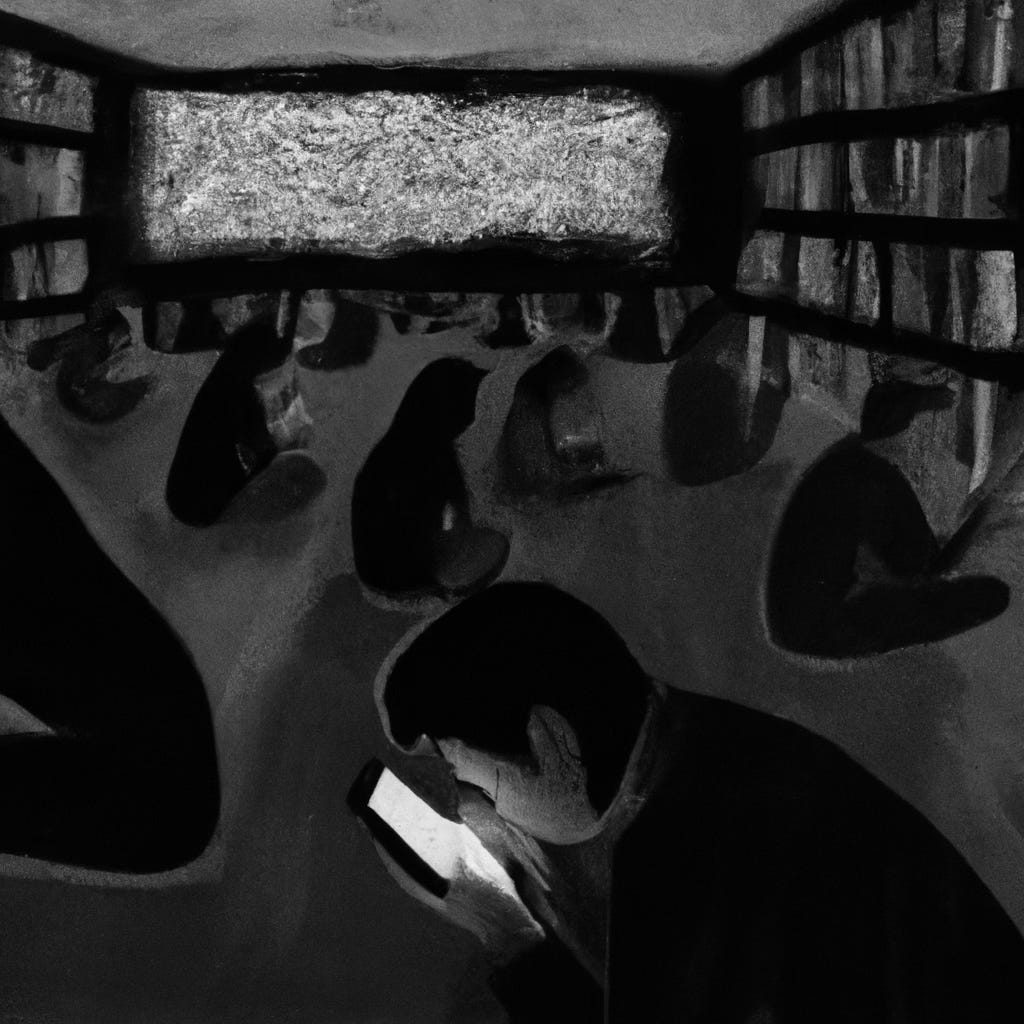Audiences are trained to react—not to understand.
Modern systems reward instant reaction and punish depth. To change the world, this cycle must be broken.
We live in an age where comprehension is optional but reaction is mandatory. Every mechanism—algorithms, incentives, public discourse—has been shaped to favor speed over depth, emotional charge over intellectual clarity, alignment over independent reasoning. The ability to pause, evaluate, and reframe has been systematically replaced with the expectation to echo, perform, and polarize.
This conditioning is not accidental. It is structurally embedded in our institutions, platforms, and professional cultures. Decision-makers are praised for decisiveness, not deliberation. Content is optimized for engagement, not insight. In public forums, dissent is misread as disloyalty, and complexity is mistaken for evasion. The result is a collective cognitive environment where understanding becomes subversive, even threatening.
This dynamic stunts growth—not only personal but systemic. It breeds compliance under the illusion of participation. Individuals mirror the prevailing logic, adopting predefined positions that feel personal but are algorithmically generated. What appears to be conviction is often just conditioning with better marketing. What seems like discourse is often a performance for in-group validation. In this model, true innovation—whether intellectual, social, or technological—requires not just originality but disobedience.
The deeper issue is not the noise itself, but the loss of internal calibration. Without deliberate effort, the internal compass is slowly replaced by external signals: likes, headlines, feedback loops. When every response is calibrated to visibility or reward, internal alignment deteriorates. Over time, even professionals, leaders, and innovators operate in ways that optimize for survival within the system rather than transcendence beyond it. The most sophisticated minds can become the most domesticated.
What is required is not reform but divergence. The capacity to think, choose, and act from first principles—not inherited assumptions. This requires not just knowledge, but distance: the ability to detach from the frameworks we have mastered in order to question their foundations. This detachment is not detachment from the world, but from the automatic. It demands a recalibration of one’s priorities: away from recognition and toward internal coherence. From reaction to understanding.
We cannot outsource this process. It cannot be delegated to institutions, tools, or communities, no matter how aligned they appear. It is an individual challenge with systemic consequences. Those who choose to rebuild this capacity—through reflection, disciplined inquiry, and voluntary friction—form the foundation of any real progress. They are not motivated by provocation or rebellion, but by precision: the desire to see clearly and act accordingly.
In a world built on reaction, understanding becomes a competitive advantage. Yet, it’s not just about superiority, but about the ability to construct something that transcends the limitations of current logic. This paves the way for projects that bring true value and change.

